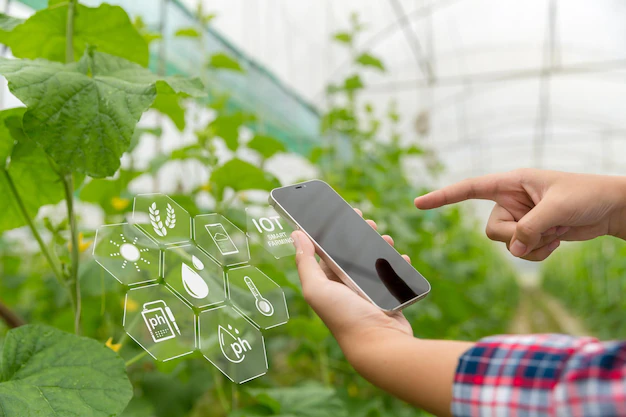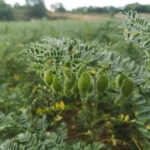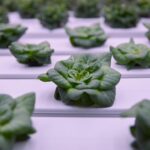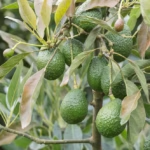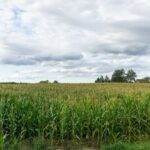Technology plays a crucial role in modern farming practices in South Africa. It has revolutionized the agricultural sector by increasing efficiency, productivity, and sustainability. Here are some key areas where technology has made significant contributions:
- Precision Agriculture: Precision agriculture utilizes technologies such as Geographic Information Systems (GIS), Global Positioning Systems (GPS), and remote sensing to collect and analyze data about soil conditions, weather patterns, and crop growth. This data allows farmers to make informed decisions about irrigation, fertilization, and pest control, resulting in optimized resource allocation and higher yields.
- Farm Management Systems: Farm management software and systems enable farmers to streamline operations, automate tasks, and monitor various aspects of their farms. These systems integrate data from sensors, drones, and machinery to provide real-time information on soil moisture, crop health, and livestock conditions. This helps farmers monitor and manage their operations efficiently, leading to better decision-making and improved productivity.
- Mechanization and Robotics: Farm machinery and robotics have reduced manual labor requirements and increased productivity in South African agriculture. Tractors, harvesters, and seeders equipped with advanced technology enable farmers to perform tasks more quickly and accurately. Robotic systems are also being developed for tasks like harvesting, sorting, and packing, reducing the reliance on human labor.
- Water Management: Water scarcity is a significant challenge for South African agriculture. Technology plays a critical role in efficient water management. Irrigation systems with sensors and controllers help optimize water usage by delivering the right amount of water at the right time. Drip irrigation, for example, minimizes water wastage by providing targeted irrigation directly to plant roots. Additionally, remote sensing and satellite imagery aid in monitoring water resources and detecting water stress in crops.
- Crop Monitoring and Protection: Technology enables farmers to monitor crop health, detect diseases and pests early, and take preventive measures. Remote sensing, drones, and satellite imagery provide high-resolution images for crop monitoring and yield estimation. This helps farmers identify stressed areas, nutrient deficiencies, or disease outbreaks, allowing them to take timely actions to protect their crops.
- Data Analytics and Predictive Modeling: Big data analytics and predictive modeling have gained prominence in modern farming practices. By analyzing vast amounts of data, including weather patterns, soil data, and historical yields, farmers can make data-driven decisions. Predictive models help optimize planting schedules, crop selection, and resource allocation, ultimately improving productivity and profitability.
- Mobile Applications and Connectivity: Mobile applications provide farmers with access to information and resources at their fingertips. They can access market prices, weather forecasts, pest alerts, and agricultural best practices through their smartphones. Mobile connectivity also enables farmers in remote areas to connect with experts, access training materials, and engage in e-commerce platforms.
In conclusion, technology has transformed farming practices in South Africa by enhancing precision, efficiency, and sustainability. From precision agriculture to mechanization, data analytics, and mobile applications, technology empowers farmers to make informed decisions, improve productivity, and ensure food security in an increasingly challenging agricultural landscape.


